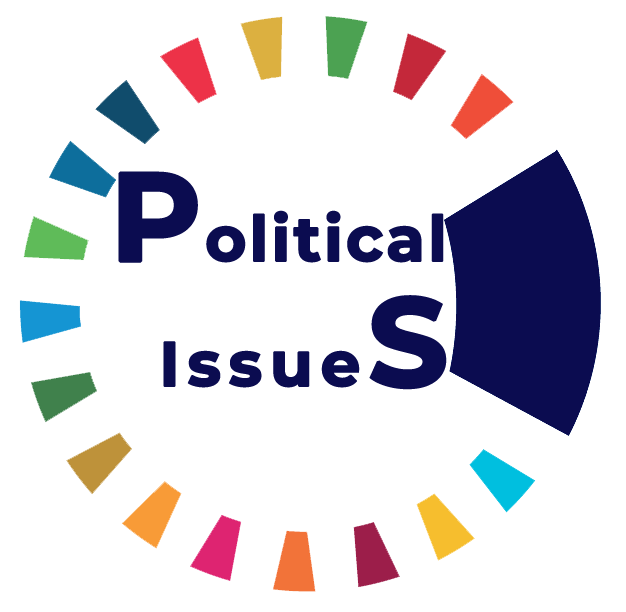(New non-aligned/Nonalignment 2.0)
DOI:
https://doi.org/10.58298/752023510Keywords:
the new non-alignment, the global south, the West, liberalism, the international system, power shiftAbstract
This study analyzes the concept of the new non-alignment, discusses in detail the nature of the relationship between the new non-alignment and the Global South, analyzes the motives for the emergence of the new non-alignment in international relations, and anticipates its consequences in an unstable international system, by testing three research hypotheses, the first of which is the orientation hypothesis. The countries of the Global South adopt policies of active non-alignment and precaution with the aim of isolating themselves from the competition of dominant and rising powers in a current unstable and uncertain international system. This assumption is complemented by other assumptions that serve the purpose of answering the questions of the study, the most important of which is: the hypothesis of the Global South’s awareness of its position and importance in a changing international system. As a motivation towards active non-alignment, and the second assumption is that the complex international dependence on the one hand, and global and humanitarian challenges on the other hand, represent real obstacles to non-alignment policies. The study reached research results, the most important of which is: that the new non-alignment ((N-NAM) is not a return to The old Non-Aligned System (NAM), which by its nature does not represent an extension of the Cold War, but intersects with it in the founding countries and the idea of not engaging in the conflict of competing blocs. Unlike the old Non-Aligned System, the new revival of sovereign politics wasn't driven by nationalism, but rather by a non-partisan internationalism. It is biased, stemming from the necessity of returning to the United Nations Charter and building a democratic international system. Strategic hedging also represents the global South’s new non-aligned approach in the phase of global power transformation. It allows the Global South to engage with the parties to the conflict, to mitigate the possibilities of hegemony, and to diversify security, political, and economic partnerships to include it guarantees the national interest, without the need for alignments, alliances, or declaring neutrality. In addition, the study concluded that the Ukrainian war (2022) highlighted the existing political, economic, and cultural divisions in the world between the West and the South, and highlighted the lack of respect of the countries of the South for the international order. The prevailing liberalism and their pursuit of an international system that is more respectful of the values of the South and their right to manage the international agenda. The study concluded that it is not yet clear to what extent the Global South’s commitment in the future to the policy of non-alignment, as it bears a stable official orientation, and it bears being a temporary stage that ends with the end of a stage of Global power shift.
Additional Files
Published
Issue
Section
License

This work is licensed under a Creative Commons Attribution 4.0 International License.
This is an Open Access article distributed under the terms of the creative commons attribution (CC BY) 4.0 international license which permits unrestricted use, distribution, and reproduction in any medium or format, and to alter, transform, or build upon the material, including for commercial use, providing the original author is credited.






